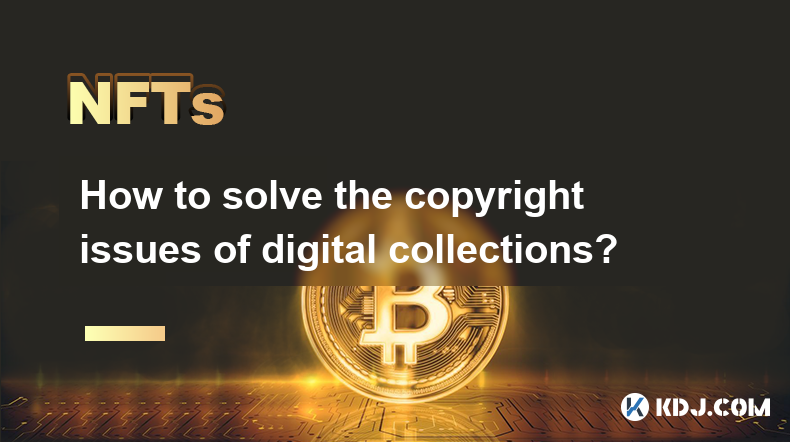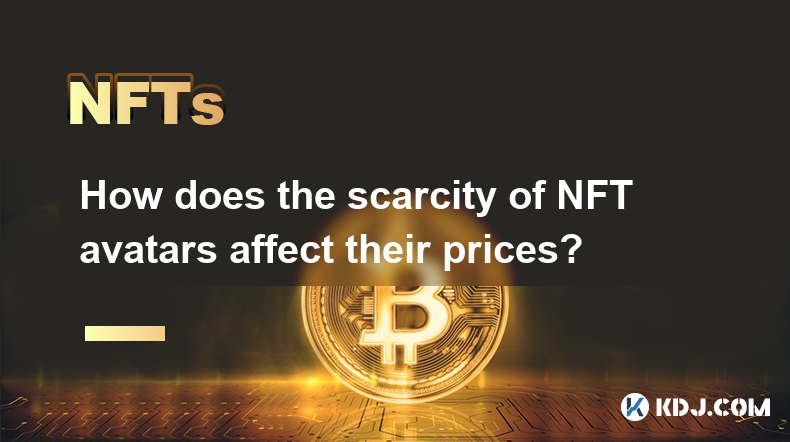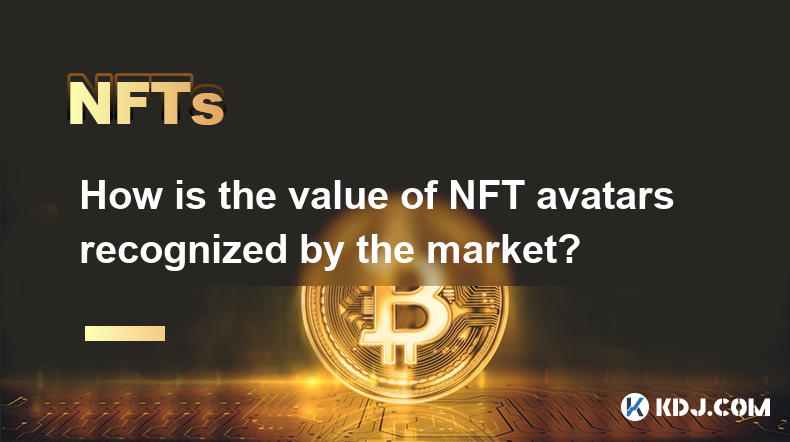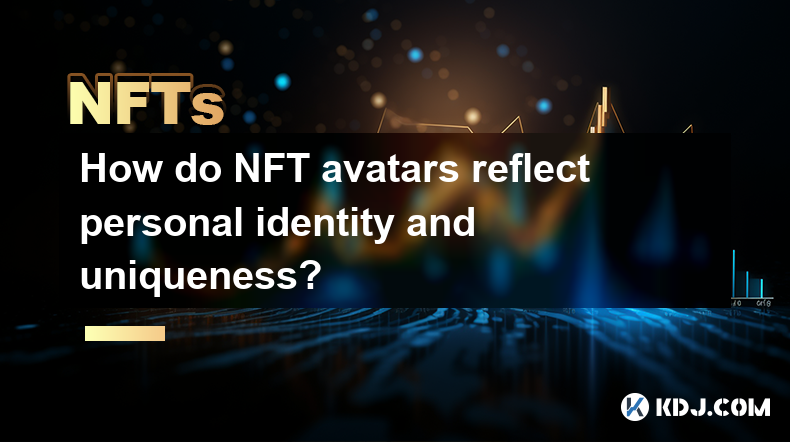-
 Bitcoin
Bitcoin $82,532.5653
-0.47% -
 Ethereum
Ethereum $1,824.2400
-0.22% -
 Tether USDt
Tether USDt $1.0002
0.04% -
 XRP
XRP $2.0891
-2.87% -
 BNB
BNB $598.7668
-1.02% -
 Solana
Solana $125.5207
0.59% -
 USDC
USDC $0.9999
-0.03% -
 Dogecoin
Dogecoin $0.1644
-3.47% -
 Cardano
Cardano $0.6468
-4.11% -
 TRON
TRON $0.2341
1.48% -
 Toncoin
Toncoin $3.9443
3.93% -
 Chainlink
Chainlink $13.3725
-2.17% -
 UNUS SED LEO
UNUS SED LEO $9.1022
-5.82% -
 Stellar
Stellar $0.2658
-0.94% -
 Avalanche
Avalanche $18.7494
-2.83% -
 Shiba Inu
Shiba Inu $0.0...01225
-3.10% -
 Sui
Sui $2.2404
-5.15% -
 Hedera
Hedera $0.1615
-5.38% -
 Polkadot
Polkadot $4.0239
-1.65% -
 Litecoin
Litecoin $82.5262
-3.94% -
 MANTRA
MANTRA $6.2971
-0.12% -
 Bitcoin Cash
Bitcoin Cash $300.5206
-2.01% -
 Dai
Dai $0.9999
-0.01% -
 Bitget Token
Bitget Token $4.4612
-3.72% -
 Ethena USDe
Ethena USDe $1.0000
0.00% -
 Pi
Pi $0.7041
-8.37% -
 Hyperliquid
Hyperliquid $12.6570
0.20% -
 Monero
Monero $216.6236
0.33% -
 Uniswap
Uniswap $5.9290
-0.81% -
 Aptos
Aptos $5.3023
0.05%
How to solve the copyright issues of digital collections?
NFTs blur ownership and usage rights; clear licensing agreements, blockchain transparency, and evolving legal frameworks are crucial for resolving digital collection copyright issues.
Mar 17, 2025 at 01:15 am

Key Points:
- Defining Digital Collection Copyright: Understanding the unique challenges of copyright in the digital realm, particularly concerning NFTs.
- Ownership vs. Usage Rights: Differentiating between owning an NFT and possessing the rights to commercially utilize the underlying artwork.
- Licensing Agreements: Exploring the role of clear and comprehensive licensing agreements in protecting creators and buyers.
- Blockchain Technology's Role: Examining how blockchain can enhance transparency and traceability in copyright management.
- Legal Frameworks and Enforcement: Discussing the evolving legal landscape and challenges in enforcing digital copyright.
- Metadata and Provenance: Highlighting the importance of accurate metadata and provenance tracking in establishing ownership and authenticity.
- Community Standards and Self-Regulation: Exploring the role of community-driven initiatives in fostering responsible copyright practices.
How to Solve the Copyright Issues of Digital Collections?
The burgeoning market for digital collections, especially Non-Fungible Tokens (NFTs), has brought copyright issues into sharp focus. Unlike traditional art, the digital nature of these assets presents unique challenges in establishing ownership and managing usage rights. Understanding these complexities is crucial for both creators and collectors.
The core problem lies in the distinction between ownership of an NFT and the rights to use the underlying digital asset. Owning an NFT might grant you ownership of a unique token on a blockchain, but it doesn't automatically grant you all the copyright rights to the artwork itself. The creator retains copyright unless explicitly transferred. This lack of clarity often leads to disputes.
To mitigate these issues, comprehensive licensing agreements are vital. These agreements should clearly define the rights granted to the buyer and the rights retained by the creator. They should specify whether the buyer can reproduce, distribute, or create derivative works based on the digital asset. Ambiguity in these agreements is a breeding ground for conflict.
Blockchain technology, while central to NFTs, offers potential solutions. The immutable nature of blockchain can enhance transparency and traceability of ownership. By recording ownership transfers and licensing agreements on the blockchain, it becomes easier to verify authenticity and track the history of a digital asset. However, blockchain alone doesn't solve the underlying copyright issues; it merely improves record-keeping.
The legal framework surrounding digital copyright is still evolving. Existing copyright laws often struggle to keep pace with the rapid innovation in the digital space. Enforcing copyright in the decentralized world of NFTs poses significant challenges. Jurisdictional issues further complicate matters, as digital assets can be accessed globally.
Accurate metadata and provenance tracking are essential. Metadata associated with an NFT should clearly state the copyright holder, licensing terms, and any restrictions on usage. Maintaining a clear chain of custody helps establish authenticity and ownership, making it easier to identify and address copyright infringements.
Beyond legal frameworks, community standards and self-regulation play a role. The NFT community is developing its own norms and best practices regarding copyright. Platforms and marketplaces are increasingly implementing measures to verify authenticity and prevent copyright infringement. However, the effectiveness of these measures depends on widespread adoption and enforcement.
Many creators are exploring different licensing models to navigate copyright complexities. These include Creative Commons licenses, which offer various levels of permission for use and modification, and custom licenses tailored to specific needs. Choosing the appropriate licensing model is a crucial step in managing copyright for digital collections.
The complexity of copyright in the digital realm extends to derivative works. If a digital asset is used to create a new work, the copyright of the original asset and the new work need to be clearly defined. This can be especially challenging when multiple parties are involved in the creation process.
Furthermore, the issue of intellectual property rights extends beyond the digital artwork itself. The code used to create the NFT, the smart contract governing its functionality, and even the metadata associated with it, are all subject to copyright. These different layers of intellectual property require careful consideration and appropriate legal protection.
The use of NFTs in the metaverse presents additional copyright challenges. The virtual environments and interactions within the metaverse raise new questions about ownership, usage rights, and licensing in a three-dimensional digital space. The legal frameworks currently in place may not adequately address these novel situations.
Finally, the international nature of the NFT market complicates copyright enforcement. Digital assets can be easily copied and distributed across borders, making it challenging to enforce copyright laws consistently across different jurisdictions. International cooperation is essential to establish effective mechanisms for protecting digital copyright globally.
Frequently Asked Questions:
Q: What happens if someone uses my digital artwork without permission?
A: You can pursue legal action for copyright infringement. This might involve sending a cease and desist letter or filing a lawsuit. The strength of your case depends on the clarity of your copyright and licensing agreements.
Q: Can I sell an NFT I own without affecting the copyright of the original artwork?
A: Yes, selling your NFT transfers your ownership of that specific token on the blockchain. However, it doesn't automatically transfer the copyright of the underlying artwork unless explicitly stated in the licensing agreement.
Q: How can I ensure my digital artwork is protected from copyright infringement?
A: Use clear and comprehensive licensing agreements, register your copyright, watermark your work, and actively monitor online platforms for unauthorized use. Blockchain technology can enhance transparency, but it doesn't replace the need for legal protection.
Q: Are there any resources available to help creators understand digital copyright?
A: Yes, numerous organizations and legal professionals specialize in intellectual property law, particularly in the digital space. Many online resources and legal guides provide information on copyright protection for digital assets.
Q: What role do NFT marketplaces play in protecting creators' rights?
A: Many NFT marketplaces are implementing measures to verify the authenticity of digital assets and prevent copyright infringement. However, their effectiveness varies, and creators still bear the responsibility of protecting their intellectual property.
Disclaimer:info@kdj.com
The information provided is not trading advice. kdj.com does not assume any responsibility for any investments made based on the information provided in this article. Cryptocurrencies are highly volatile and it is highly recommended that you invest with caution after thorough research!
If you believe that the content used on this website infringes your copyright, please contact us immediately (info@kdj.com) and we will delete it promptly.
- The 2025 cryptocurrency market started slower than many investors expected.
- 2025-03-31 21:40:13
- Darknet markets are increasingly returning to bitcoin (BTC) as their primary cryptocurrency
- 2025-03-31 21:40:13
- Hut 8 Corp. Partners with Eric Trump to Launch American Bitcoin Corp.
- 2025-03-31 21:35:13
- The Best Altcoins Are Safe Havens During US Tariff Turmoil
- 2025-03-31 21:35:13
- Elon Musk Squashes Rumors of Dogecoin (DOGE) Integration with the U.S. Government
- 2025-03-31 21:30:12
- Today's Pi news presents an interesting development in the Pi token's market. Recently, we had the announcement for the PCM Wallet app's updates
- 2025-03-31 21:30:12
Related knowledge

How does the scarcity of NFT avatars affect their prices?
Mar 25,2025 at 11:07pm
Key Points:Limited Supply: NFT avatar scarcity is directly tied to the fixed supply of a collection. A smaller number of unique avatars inherently increases their value due to higher demand.Demand Dynamics: High demand, fueled by factors like community hype, celebrity endorsements, and utility within a metaverse, significantly inflates prices.Rarity Att...

Can NFT avatars be copied or stolen?
Mar 21,2025 at 06:35am
Key Points:NFTs, by their nature, are unique and verifiable on the blockchain. However, the image associated with an NFT avatar can be copied.Copying an image doesn't grant ownership of the NFT itself. The original NFT and its ownership remain on the blockchain.Theft of an NFT involves gaining unauthorized access to a cryptocurrency wallet holding the N...

What is the creation process of NFT avatars?
Mar 19,2025 at 09:15pm
Key Points:NFT avatar creation begins with a concept and design.Various digital art tools and techniques are employed.Minting the avatar involves choosing a blockchain and marketplace.Metadata is crucial for defining the avatar's attributes.Promotion and marketing are vital for visibility and sales.What is the creation process of NFT avatars?The creatio...

Why do celebrities use NFT avatars as personal identification?
Mar 20,2025 at 07:15pm
Key Points:NFTs offer celebrities a unique and verifiable digital identity, distinct from easily imitated social media profiles.Using NFT avatars allows celebrities to control their online image and branding more effectively.NFT avatars can provide celebrities with new revenue streams through sales, licensing, and community building.The use of NFT avata...

How is the value of NFT avatars recognized by the market?
Mar 21,2025 at 05:49am
Key Points:NFT avatar value is subjective and influenced by various factors, lacking a universally accepted valuation metric.Rarity, provenance, utility, community engagement, and the project's overall success significantly impact an avatar's value.Market demand, driven by trends, hype, and influencer adoption, plays a crucial role in price fluctuations...

How do NFT avatars reflect personal identity and uniqueness?
Mar 21,2025 at 12:00pm
Key Points:NFT avatars are unique digital representations, verifiable on the blockchain, offering a distinct online identity.Ownership and scarcity drive the value and perceived uniqueness of NFT avatars, reflecting personal investment and commitment.Customization options, from initial design to in-game attributes, allow for expression of individuality....

How does the scarcity of NFT avatars affect their prices?
Mar 25,2025 at 11:07pm
Key Points:Limited Supply: NFT avatar scarcity is directly tied to the fixed supply of a collection. A smaller number of unique avatars inherently increases their value due to higher demand.Demand Dynamics: High demand, fueled by factors like community hype, celebrity endorsements, and utility within a metaverse, significantly inflates prices.Rarity Att...

Can NFT avatars be copied or stolen?
Mar 21,2025 at 06:35am
Key Points:NFTs, by their nature, are unique and verifiable on the blockchain. However, the image associated with an NFT avatar can be copied.Copying an image doesn't grant ownership of the NFT itself. The original NFT and its ownership remain on the blockchain.Theft of an NFT involves gaining unauthorized access to a cryptocurrency wallet holding the N...

What is the creation process of NFT avatars?
Mar 19,2025 at 09:15pm
Key Points:NFT avatar creation begins with a concept and design.Various digital art tools and techniques are employed.Minting the avatar involves choosing a blockchain and marketplace.Metadata is crucial for defining the avatar's attributes.Promotion and marketing are vital for visibility and sales.What is the creation process of NFT avatars?The creatio...

Why do celebrities use NFT avatars as personal identification?
Mar 20,2025 at 07:15pm
Key Points:NFTs offer celebrities a unique and verifiable digital identity, distinct from easily imitated social media profiles.Using NFT avatars allows celebrities to control their online image and branding more effectively.NFT avatars can provide celebrities with new revenue streams through sales, licensing, and community building.The use of NFT avata...

How is the value of NFT avatars recognized by the market?
Mar 21,2025 at 05:49am
Key Points:NFT avatar value is subjective and influenced by various factors, lacking a universally accepted valuation metric.Rarity, provenance, utility, community engagement, and the project's overall success significantly impact an avatar's value.Market demand, driven by trends, hype, and influencer adoption, plays a crucial role in price fluctuations...

How do NFT avatars reflect personal identity and uniqueness?
Mar 21,2025 at 12:00pm
Key Points:NFT avatars are unique digital representations, verifiable on the blockchain, offering a distinct online identity.Ownership and scarcity drive the value and perceived uniqueness of NFT avatars, reflecting personal investment and commitment.Customization options, from initial design to in-game attributes, allow for expression of individuality....
See all articles






















































































